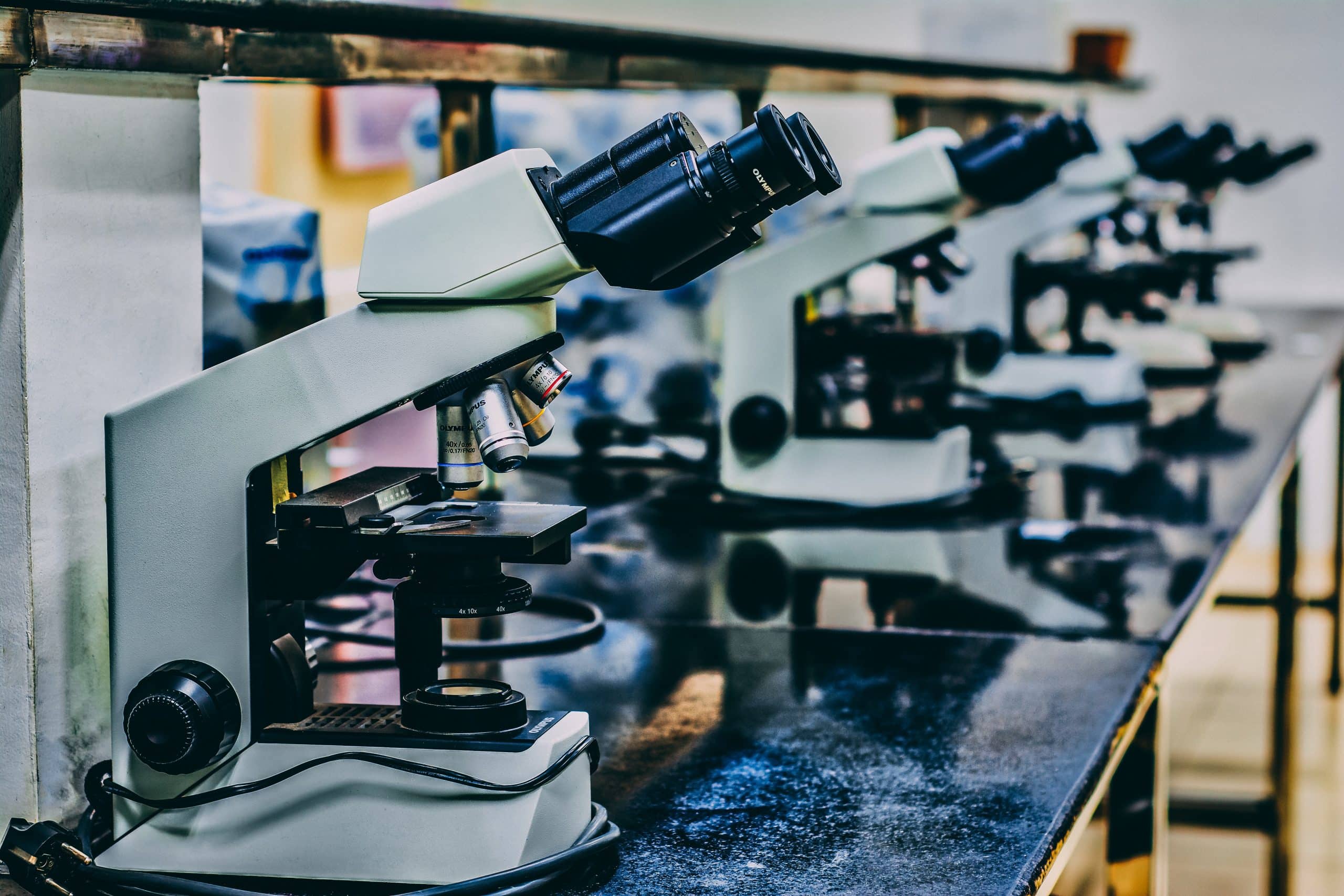Déborah Bourc’his joined the Institut Curie in 2009 and now heads a team of around twelve scientists engaged in basic reproduction research. They are interested in “the factors that can endanger reproduction, i.e., the ability of sperm to fuse with an egg, create a new individual and transfer genetic material to it,” explains Déborah Bourc’his.
Her team has been working in this field for over 20 years. It has focused in particular on the role of DNA methylation in gamete or reproductive cell function in mammals.
While we have around 25,000 genes, they account for just 2% of our total DNA sequence. On the other hand, we have millions of transposable elements, which make up 50% of our DNA. They derive from the viruses that we have been exposed to throughout evolution and have become permanently lodged in our DNA, forming a kind of catalog of humanity’s exposure to various viruses. The researcher and her team analyze the behavior of these transposable elements, which move around within the DNA and could inactivate some genes, such as those responsible for reproduction.
“We are trying to understand how reproductive cells, especially sperm cells, employ defense mechanisms to prevent transposon activity and keep inherited genetic material intact,” says Déborah Bourc’his.
This prize, awarded on November 15, 2021, by the Fondation pour la Recherche Médicale, is an invaluable token of peer recognition. “Like many French researchers, I hold the foundation in very high regard,” says Déborah Bourc’his. “It plays an important role in research funding, and it always works with top-notch scientists with a cutting-edge perspective on research.”
The award comes with prize money of €120,000, which will be used among other things to pay the team’s PhD students and post-doctoral researchers, particularly the engineer who carries out complex bioinformatics analyses using high-throughput sequencing technologies.



